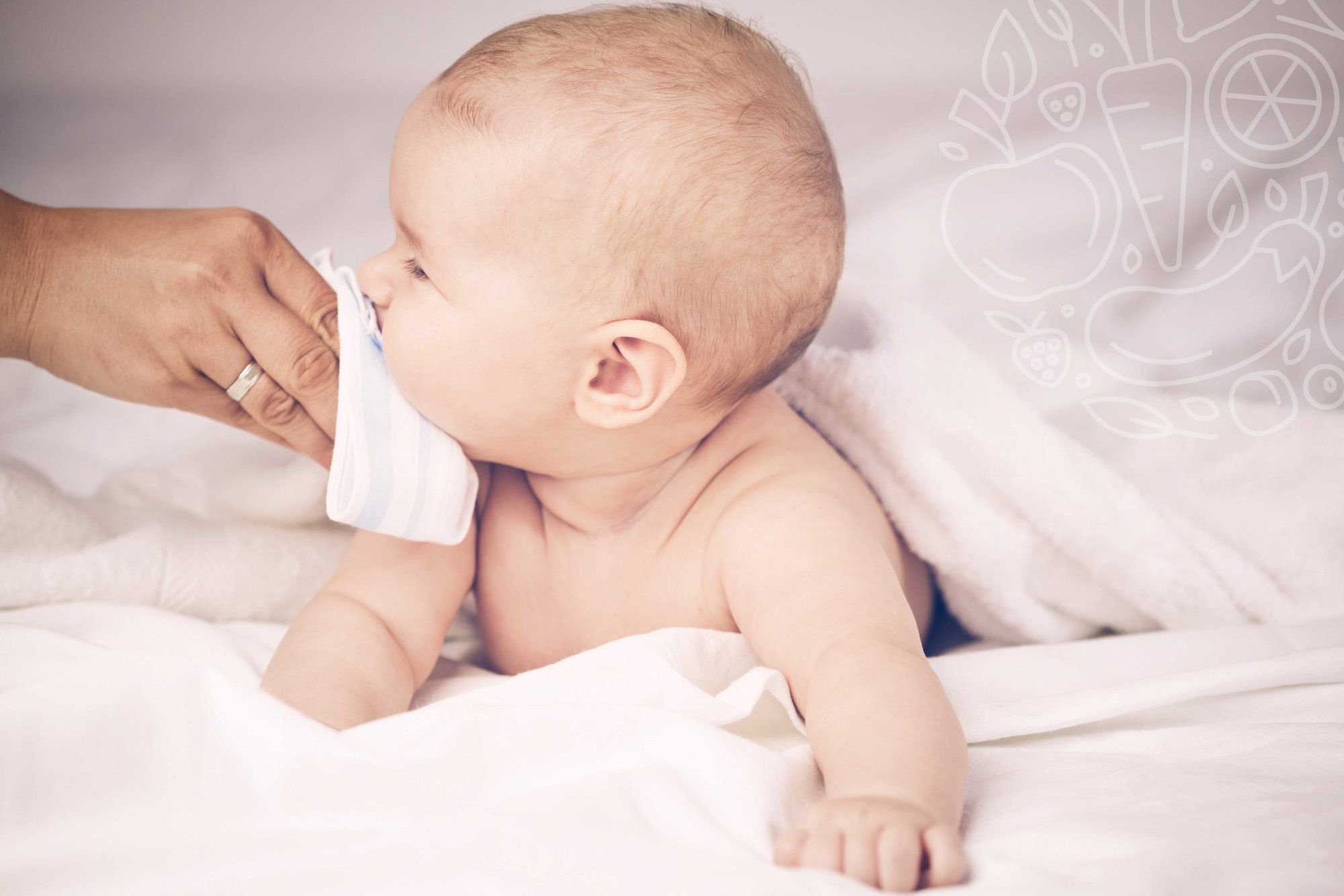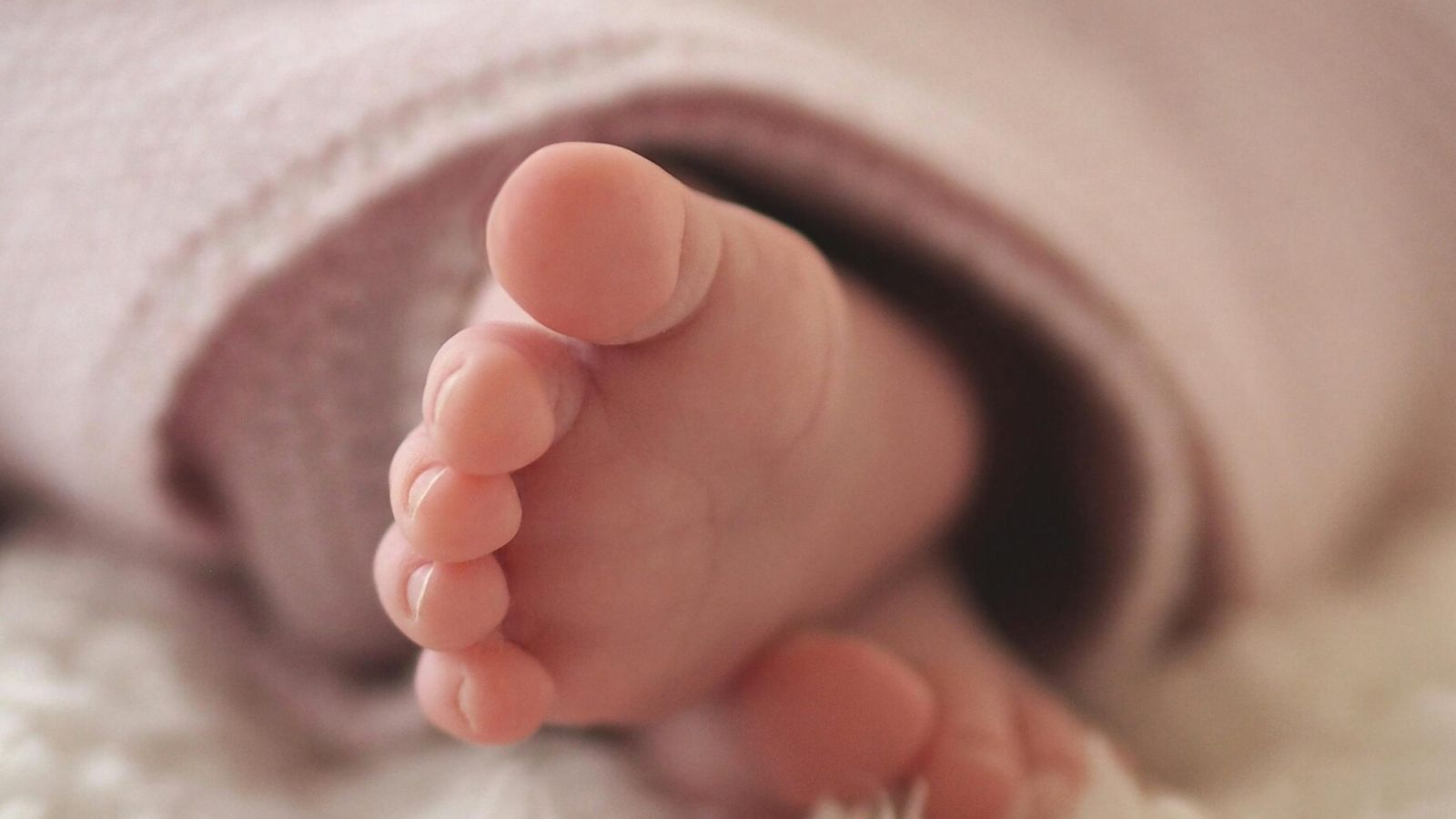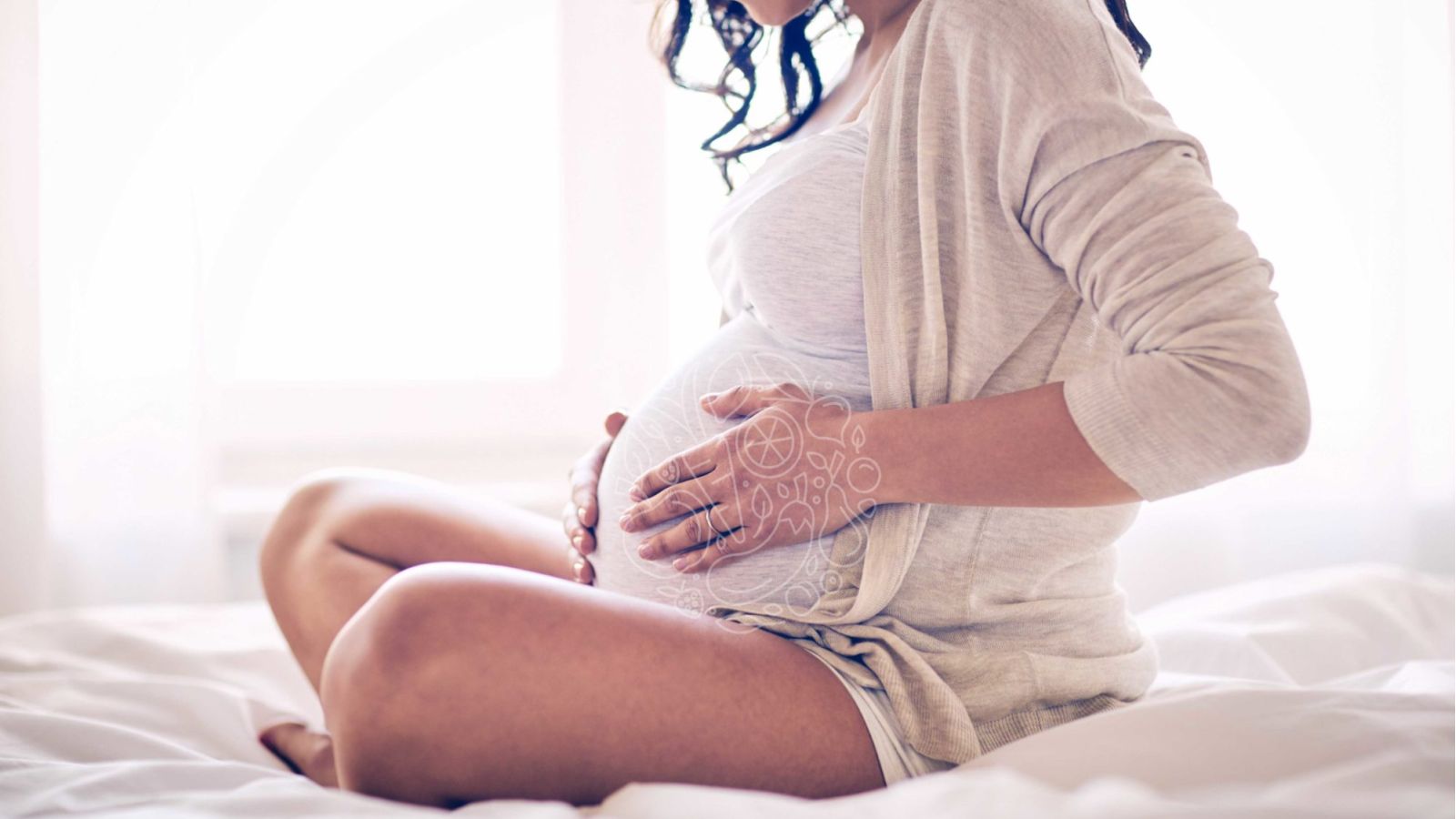
How to prevent allergies in babies during pregnancy and after birth?
If you’re wondering how to prevent allergies in babies, it’s important to know that current medical guidance does not recommend avoiding specific foods during pregnancy. Research has not shown any significant benefit in preventing food allergies by cutting out allergenic foods while pregnant, even in cases with a family history of allergies.
Reducing baby’s allergy risk while pregnant
On the contrary, ensuring healthy growth for your baby during pregnancy involves consuming a varied diet from all five food groups and following the tips below.
1- Stop smoking and stay away from smoky environments
Smoking during pregnancy increases the chances of your baby having allergies, including asthma. Thankfully, many moms-to-be are motivated to quit smoking during this time. If you need help, talk to your healthcare provider. Stay away from smoky environments and second-hand smoke, too.
2- Eat a healthy pregnancy diet with a variety of foods
You don’t need to avoid any specific foods because you’re worried about passing on allergies. In fact, some scientific studies have shown that the reverse is true.
Babies born to non-allergic moms who ate more fish, or whole peanuts, and tree nuts, had fewer allergic symptoms during their early years than children born to moms who didn’t eat these foods.
3- Consider probiotics while pregnant
Research suggests that taking probiotics while pregnant and during breastfeeding might help prevent eczema—a condition that causes dry and itchy skin patches.
Studies have shown that babies with a family history of allergies whose mothers consumed a specific probiotic supplement during pregnancy and breastfeeding had a lower risk of developing eczema (dermatitis) compared to babies whose mothers did not include probiotics in their diet.
Best probiotic for pregnancy
We recommend probiotic supplements with Lactobacillus rhamnosus (LGG) and Bifidobacterium lactis, which are often considered among the best probiotic for pregnancy options. Most studies show benefits when probiotics are taken during the last trimester of pregnancy.
4- Breastfeed to help boost baby’s immune system
Along with many important immune factors, breast milk contains “friendly” bacteria that help boost your baby’s immune system. This is especially important for babies who are born by caesarean section because they miss out on this “friendly” bacteria in the birth canal. That is why babies born by C-section tend to have a greater risk of some types of allergy. If you’ve had a C-section, try to start breastfeeding as soon as possible after birth. Breastfeeding exclusively for the first 4–6 months supports optimal immune development in your baby.
5- Introduce allergens to baby before age 1
Back in 2015, a ground-breaking study showed that introducing peanuts early to at-risk babies could cut the risk of peanut allergy by up to 81%. In fact, delaying peanut introduction might actually raise the risk.
This discovery changed allergy guidance worldwide. Today, experts recommend offering common food allergens—like peanut, egg, and dairy—before a baby’s first birthday to help build tolerance early.

